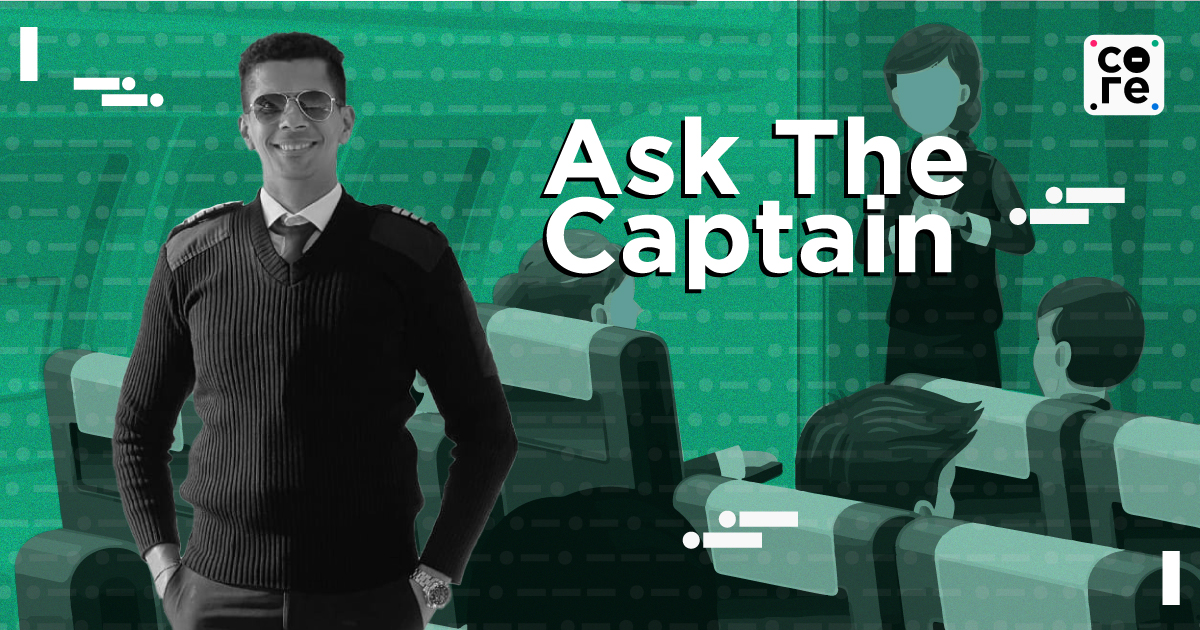
- Home
- Top Stories
- Why Are Flights Diverted/Turned Around...
Why Are Flights Diverted/Turned Around When A Passenger Misbehaves?
There are multiple reasons a passenger misbehaves such as flight delays, unsatisfactory service by the airline or being intoxicated

We often hear of flights being diverted or even turned around because of a passenger misbehaving on board. Recently, a United Airlines flight to Amsterdam was diverted to Chicago when a business class passenger behaved badly over meal choices on board.
Why does this happen and what is the protocol? Let's start with the definition of a passenger who misbehaves on board an aircraft. In aviation terminology, they are called unruly passengers. To quote the definition in short, "An unruly passenger is a passenger who fails to respect the rules of conduct at an airport or aboard an aircraft of ground staff or crew members and disturbs the good order and discipline either at the airport of aboard the aircraft."
Unruly or disruptive passengers could be male or female, young or old and from first or business class.
What Are The Types Of ‘Unruly' Behaviour?
There are multiple reasons a passenger misbehaves or as we say "gets unruly". This could be a result of one or a combination of factors like flight delays, unsatisfactory service by the airline, personal issues, being under the influence of alcohol or drugs or even a simple thing li...
We often hear of flights being diverted or even turned around because of a passenger misbehaving on board. Recently, a United Airlines flight to Amsterdam was diverted to Chicago when a business class passenger behaved badly over meal choices on board.
Why does this happen and what is the protocol? Let's start with the definition of a passenger who misbehaves on board an aircraft. In aviation terminology, they are called unruly passengers. To quote the definition in short, "An unruly passenger is a passenger who fails to respect the rules of conduct at an airport or aboard an aircraft of ground staff or crew members and disturbs the good order and discipline either at the airport of aboard the aircraft."
Unruly or disruptive passengers could be male or female, young or old and from first or business class.
What Are The Types Of ‘Unruly' Behaviour?
There are multiple reasons a passenger misbehaves or as we say "gets unruly". This could be a result of one or a combination of factors like flight delays, unsatisfactory service by the airline, personal issues, being under the influence of alcohol or drugs or even a simple thing like the fear of flying.
The regulator in India, the Directorate General of Civil Aviation (DGCA), categorises all instances of unruly behaviour on board and aircraft into different levels. Beginning from simple wrongdoing like verbal harassment and physical gestures increasing to the next level of physically abusive behaviour like pushing, kicking, sexual harassment and so on. Finally, the most serious level is that of life-threatening behaviour or an attempt or actual breach of the cockpit.
What's The Protocol To Deal With Unruly Passengers?
Whenever there is an instance of an unruly passenger on board an aircraft, after landing they are handed over to the security agency at the airport of landing, after which an FIR is filed.
Subsequently, this is reported to a committee. This committee decides the category level of the unruly passenger and within a period of 30 days also decides the duration that this unruly passenger is banned from flying to/from/within India.
Every case of unruly passenger behaviour is taken seriously by the regulator. After the decision of the committee, the passenger is put on a No-Fly list which is maintained by the DGCA and shared with all airlines. The ban could be from under three months for a minor case of unruly behaviour to a major ban of two years or more for a more serious case.
All airlines want air travel to be safe and aim to protect passengers, crew and ground staff from unruly/disruptive passengers. Dealing with unruly passengers is one of the aspects of crew training. Ground crew, cabin crew and even flight crew are trained and there are procedures laid down for each one of them. It might start with the ground crew identifying an unruly passenger at the airport. Sometimes a passenger may be denied boarding to avoid further conflict in the air.
In the air, the cabin crew begin with a soft approach, requesting the passenger to comply or take the help of the passenger's family members/friends, then moving on to a more authoritative approach, verbal judo and issuance of a written notice.
Flight Captain Has Final Authority
In a worst-case scenario, the crew have the authority to forcibly restrain the passenger with the permission of the captain if they feel that the situation is getting out of control.
The captain has the final authority. They are kept informed and constantly updated about the situation however minor it may be. The captain has the authority to offload any passenger at any airport if they feel that they would be a risk or threat to other persons or the aircraft. If the situation gets serious, they have the authority to divert the aircraft to any alternate airport where an FIR can be lodged and the unruly passenger handed over to the local authorities.
All flights are not necessarily diverted or turned around because of a passenger misbehaving. The crew is trained and will try by all means to diffuse the situation as much as possible. But yes, if the situation so warrants, the captain does have the authority to do so.
There are multiple reasons a passenger misbehaves such as flight delays, unsatisfactory service by the airline or being intoxicated

